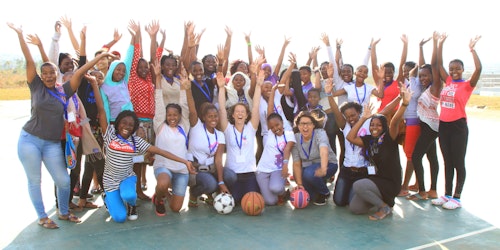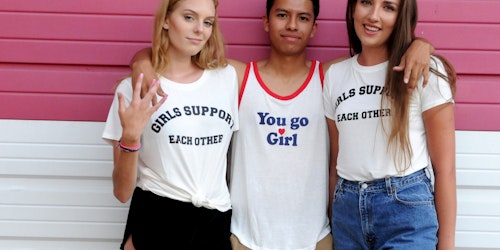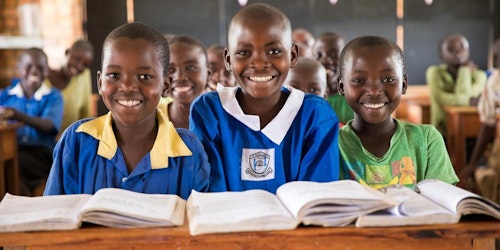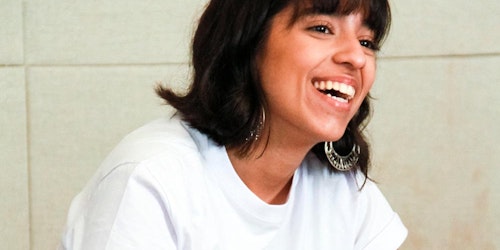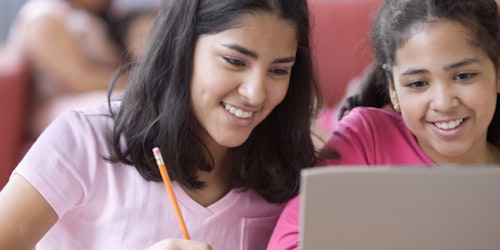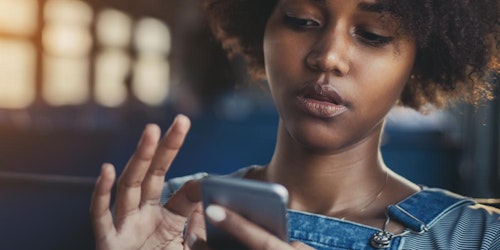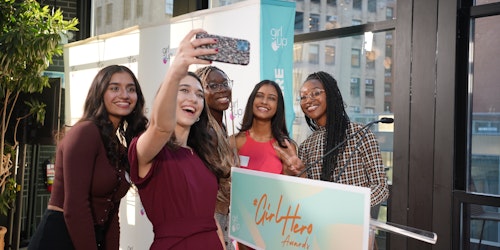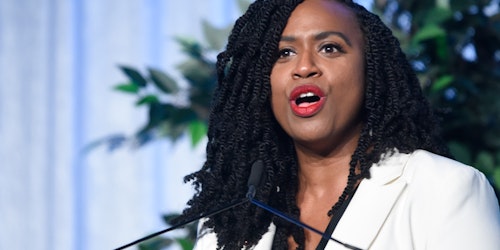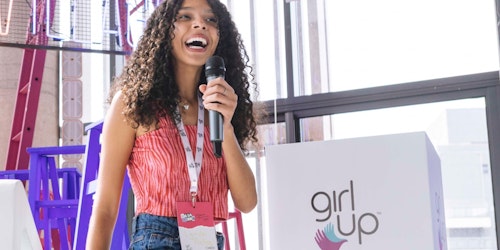The Generation Equality Forum Mexico was held in late March and included three days of discussions, culminating in the unveiling of the youth participants’ Feminist Manifesto, draft blueprints of the Action Coalitions: A Global Acceleration Plan for Gender Equality, a 2026 vision and a common feminist pathway created by youth and civil society leaders. Girl Up Leader Giovanna, from Brazil, shares her first-hand experience attending the event and urges the group to include more youth younger than 22, and to use social media platforms like YouTube and TikTok to engage a broader youth audience.
It was the best of times, it was the worst of times. It all depends if you see the cup half full or half empty. It is the best of times because we are in the 21st century and can have a simultaneous conversation with someone in South Korea and in Tanzania. It is also the worst of times because we are in the 21st century and we still have to discuss if it is fair or not for women to have access to contraception or if schools should have dress codes for girls.
My name is Giovanna Basso, and I am a young feminist from Brazil. I have been part of Girl Up since 2019 as a Club leader for Nations Girl Up and Garotas Podem. In two years proudly calling myself a feminist, I have had access to many opportunities to voice out my opinions, being it at the Girl Up Leadership Summit or recently at the Generation Equality Forum in Mexico. And instead of providing a summary of what I experienced in the two weeks of the conference, I prefer to provide reflections on my time with amazing feminists and let you explore Paris by yourself, even if virtually.
On being overwhelmed
March is an interesting time of the year, one month before my birthday and also the month we celebrate women. It was not surprising that the conference would be held that month, however, I was still busy, being what most women have to be: warriors to do everything for everyone.
What surprised me the most, however, was the agenda, or rather the outstanding number of webinars, conversations, debates, speeches. My brain almost did not process the many names of organizations I never knew of. In only one day, I could participate in more than 71 sessions! And in different languages!
I wanted to participate in all of them.
Look at how many people are working with gender equality! It is fantastic! But also overwhelming. How can I, a 19-year-old girl from Brazil, decide which issues are more important? Is there such a thing as “important issues?”
There is so much to care about, topics I did not even know existed.
On why that is a good thing
The word “overwhelming” is often used with a bad connotation. I could not disagree more. Yes, I had too many options to choose from, should I attend a webinar on the rural women play in the US agricultural policy or should I join a conversation on the humanization of childbirth? Women entrepreneurs in the Global South or ending gender-based violence?
This demonstrates how women and young girls are involved in every aspect of human life. We were never minorities, on the contrary, we can find women in agriculture, mining, sustainable development, engineering, anywhere. The world is female if only everyone could understand that.
I was lost in Mexico. And that is a good thing, for the need to find a better path motivates me to act. It angers me, it drives me to learn more, and more, and more. The best of all of it is to transform chaos into opportunities; we, feminists, are extremely good at that.
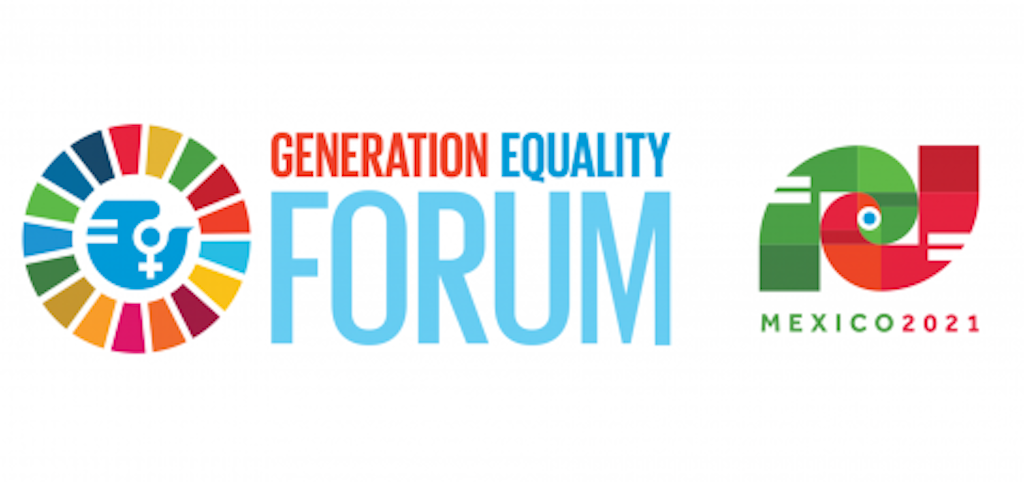
My misadventures online
I am not exaggerating when I say everyone wished the Forum was held in person, even I am tired now from looking at a computer screen for half an hour. In the sad imminence of the current situation not improving, we have to content ourselves with the Paris forum also being held online. And as an angry teenager- anger is a good thing for a feminist- I feel entitled to provide constructive feedback to the conference organizers.
The first point I would like to address is the amount of time we spend looking at the screen. Sadly, I acknowledge the Secretariat cannot do that much to deal with that, maybe hold the event in 3 weeks instead of trying to fit every event into two overwhelming weeks. It is up to us, attendees, to manage how much we can handle before our eyes start to give up. Yet, I believe that they could consider this factor if they want to include more youngsters in the debates.
This leads me to my next point: we need more youth! I loved listening to ministers and CEOs, but I missed the delighted voice of the youth. And when I say youth, contrary to general opinion, are people between the ages of 12 to 22. I missed seeing the faces of my younger sister voicing out what they believe in. The truth is, these conferences are not welcoming to 15-year-olds. Most of them do not even know they exist, as some of my club members explained to me. That is because, if we want to target them, we need to go where they are. We need to invest in social media and topics that are relevant to us. It should be less about who is already working with gender equality and more about those who could work with gender equality. Not to detract the hard-working women involved in this conference but if the future is truly the youth then we- and I include myself here-, should be taking the lead.
We should go on TikTok, YouTube, or any social media and pay attention to what the youth is saying. My sister is not particularly interested in rural women, not because the topic is not relevant, but because it is not related to her life. She wants to talk about how hard it is to go to school while on her period or why boys seem so childish compared to the girls in her class. If we want to have more girls and boys talking about gender equality, we should use their daily lives as a starting point and then expand to other topics.
Other than that, I wish I could talk to more people from Africa and Southeast Asia, cultural diversity and inclusion are as important as age, diversity, and inclusion.
Final reflections
The cup is half empty but also filled with possibilities created by girls and women from around the world. The many sessions prove we have so many amazing people working for gender equality and if we continue to expand, we are going to achieve magic. This is our road to Paris.
